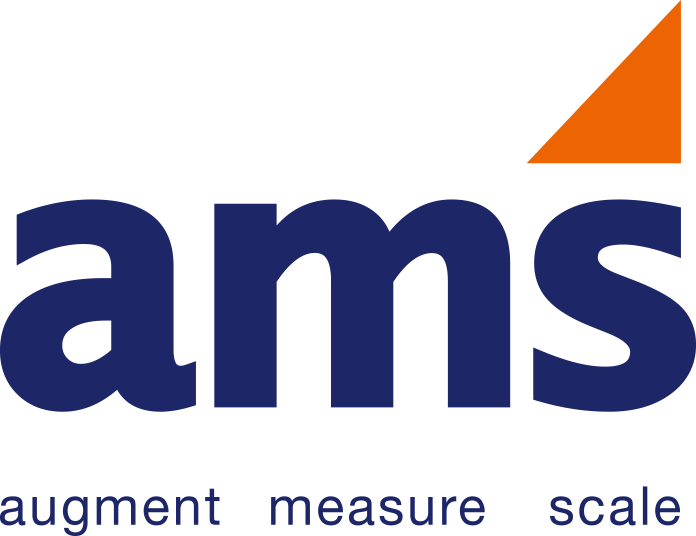Maharashtra most preferred hiring destination
Blowing your own trumpet at workplace may no longer get you an extra point on your performance sheet, so just turn down the volume a bit. A flashy and braggadocio behaviour, which may have helped boost an individual's career, is unlikely to win many friends in office. Humility is making a quiet entry as one of the virtues at workplace with some companies including it as a key behavioural trait in the performance management system.
The $1.3-billion Piramal Group has included humility as one of the success factors in its high-performance behaviour chart. The conglomerate, with interests as diverse as healthcare and financial services, has come out with 'Piramal Success Factors', which include "think big", "serve customers", "collaborate" and "humility".
"Our performance management process considers humility as an important input. Additionally, we also look for this competency in high potential identification and development and recruitment," said Nandini Piramal, executive director, Piramal Enterprises. "Our values are closely linked to our enduring success. We have, therefore, converted these core values into a set of everyday observable behaviours that will help employees succeed," said Piramal.
The fondness for the virtue comes from the realisation that humility does not undermine an individual's assertiveness to realise his or her goals. Organisations are increasingly giving equal weightage to both hard goals as well as soft behaviours.
At textile major Gujarat Heavy Chemicals (GHCL), awareness sessions are conducted to spread the significance of humility. Employees are informed how practising humility can shape one's career. "We acknowledge the stewardship of our employees within this realm of our values. We welcome confidence. But confidence along with egotism, which destroys humility, is uncalled for. Humility is highly rated and various means are adopted to inculcate it," said Rajesh Tripathi, VP & head (HR), GHCL
Companies may not strictly rate or measure humility among employees, but they do encourage imbibing the virtue. One of the Standards of Leadership (SoLs) followed by Hindustan Unilever (HUL) talks about having a passion for achieving results through teamwork, ensuring that colleagues are fully aligned and drawing on one another's strengths. "Being humble is a much more peaceful state to be in. Pride and arrogance mask insecurities and worries. Not being humble could be a manifestation of the concerns and insecurities of a place that one wants to be," said B P Biddappa, executive director (HR), HUL.
Last year, HUL allowed its employees to wear casuals at work. "The fact that we are talking about dressing the way you want to is to demonstrate that it's OK to be the way you want to be. The dress code could potentially help people be comfortable with themselves, which is a twin brother to being humble," Biddappa said.
Amit Aggarwal, SVP (HR) & chief learning officer at Genpact, said the company is working towards a project on 21st century skills for the future. The project looks at the changes needed in domain skills and soft skills in the new business environment. "The skills needed are different from the past, and include skills like critical thinking, creative problem-solving, collaboration and story-telling and advanced techniques for analysing data. If you are not humble you will not be co-creating and collaborating with others," said Aggarwal.

